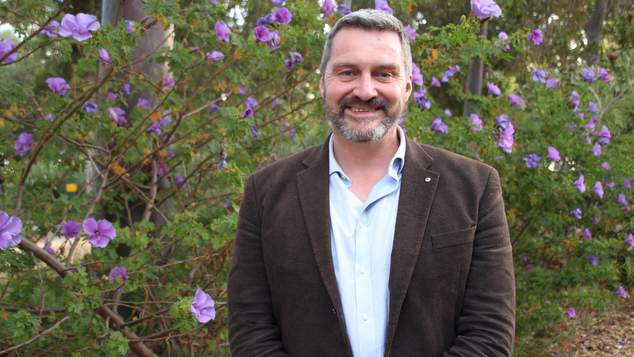
In a landmark decision this morning, Tasmanian Supreme Court justice Michael Brett rejected an appeal by Launceston man James Durston who was accused of anti-LGBTI hate speech.
Justice Brett also found that sections of the Tasmanian Anti-Discrimination Act that prohibit incitement to hatred and offensive language do not unduly impinge on freedom of religion or free speech and are valid under the Australian Constitution.
Robert Williams, who lodged the original complaint against Durston, says the decision shows Tasmania is leading the way on social inclusion.
“This decision reinforces my pride in being Tasmanian because Tasmania is leading the nation when it come to protecting citizens from hate speech,” Williams said.
“The protection offered by our laws and our courts promotes inclusion, mature political debate, and respect between all citizens regardless of who we are.”
Tasmanian Gay and Lesbians Rights Group spokesperson Rodney Croome (pictured) said the decision shows Tasmanian law strikes the right balance between upholding free speech and preventing hate speech.
“Today’s decision is very important because it puts the bed the long-term question, raised in almost all previous Tasmanian hate speech cases, about whether the state’s hate-speech laws breach freedom of speech and freedom of religion, and whether they are constitutional.”
“Justice Brett has put forward a careful, rigorous and unassailable argument that freedom of religion and freedom of speech are not unfettered rights, and that the Tasmanian Anti-Discrimination Act strikes the right balance between these rights and right of citizens to live free from hate and vilification.”
“I urge state and federal governments heed this decision and back away from any attempts to water down laws that have helped make Tasmania a more inclusive and cohesive society.”
The hate-speech provisions of the Tasmanian Anti-Discrimination Act under which Williams’ claim was made (Section 19, incitement to hatred; section 17, offensive conduct), are the nation’s strongest and most comprehensive, and several attempts have been made to weaken them.
Last year the Tasmanian Government sought to water down these sections by allowing hate speech in the name of religion. That move was blocked in the Upper House. A concurrent move by some Upper House members to water down Section 17 in the name of free speech also failed.
There is also concern that the Federal Government may seek to override these sections under the “religious freedom” legislation being flagged by Prime Minister Scott Morrison.
Today’s decision was the latest installment of a drawn out case which began in 2013 when Williams lodged an anti-discrimination claim against Durston for distributing anti-LGBTI pamphlets.






